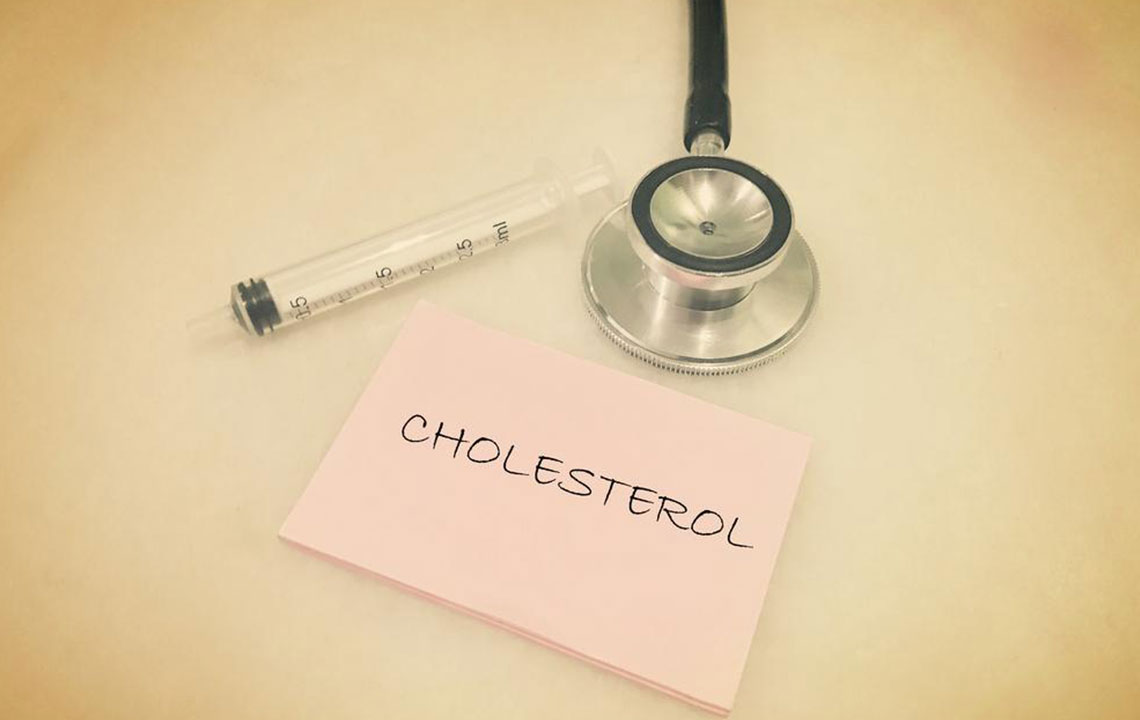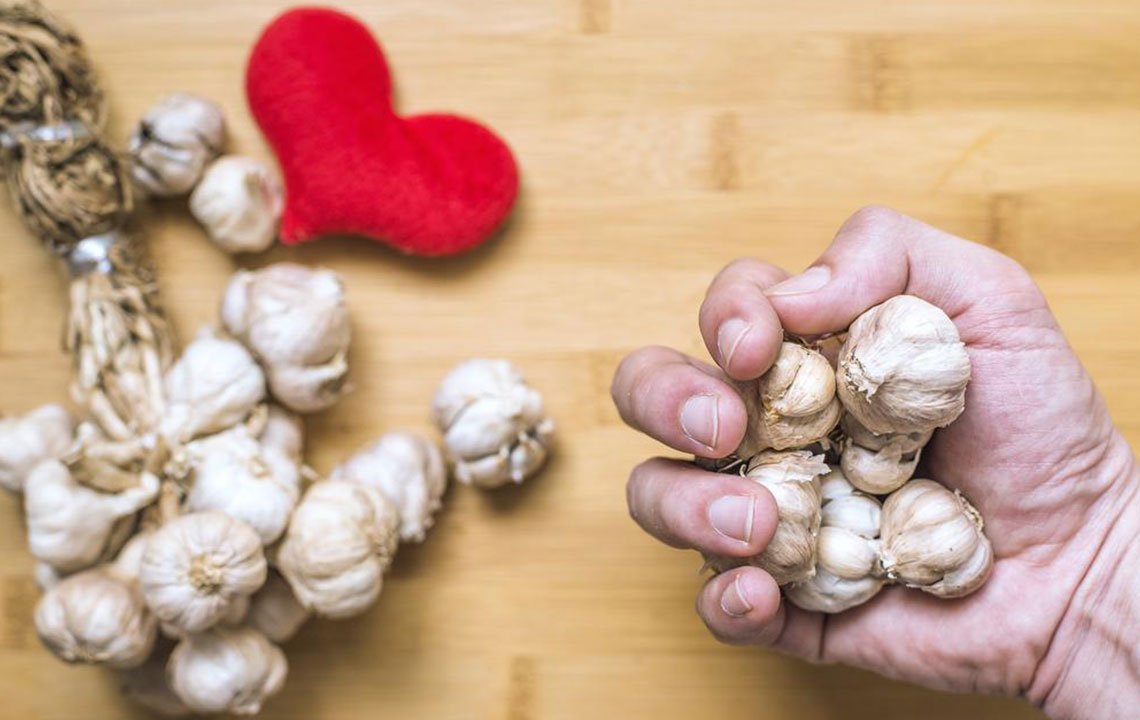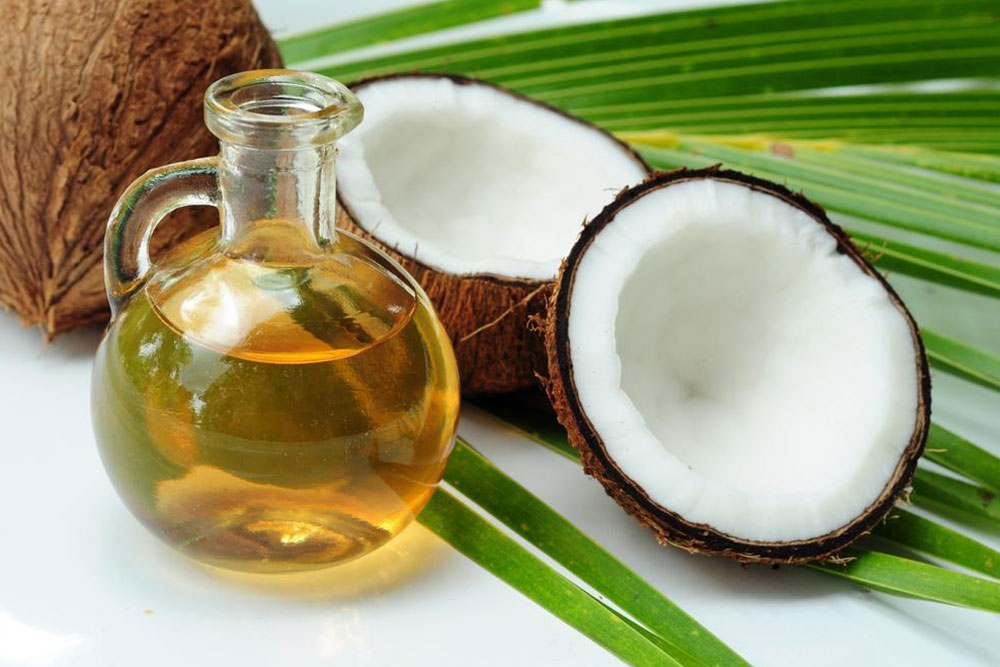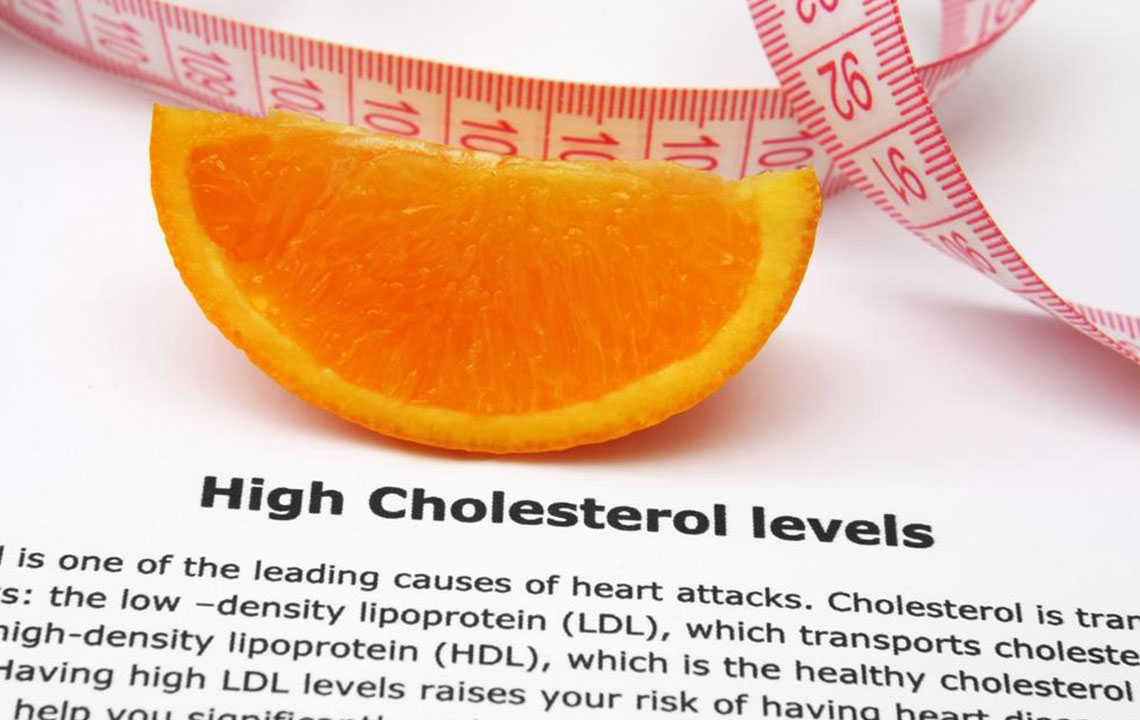Effective Strategies to Manage Elevated LDL Cholesterol Levels
Discover safe and effective strategies to manage high LDL cholesterol. Learn about dietary preferences, lifestyle changes, medications, and natural supplements to maintain optimal cholesterol levels and reduce cardiovascular risks. Regular screening and professional guidance are essential for personalized care.
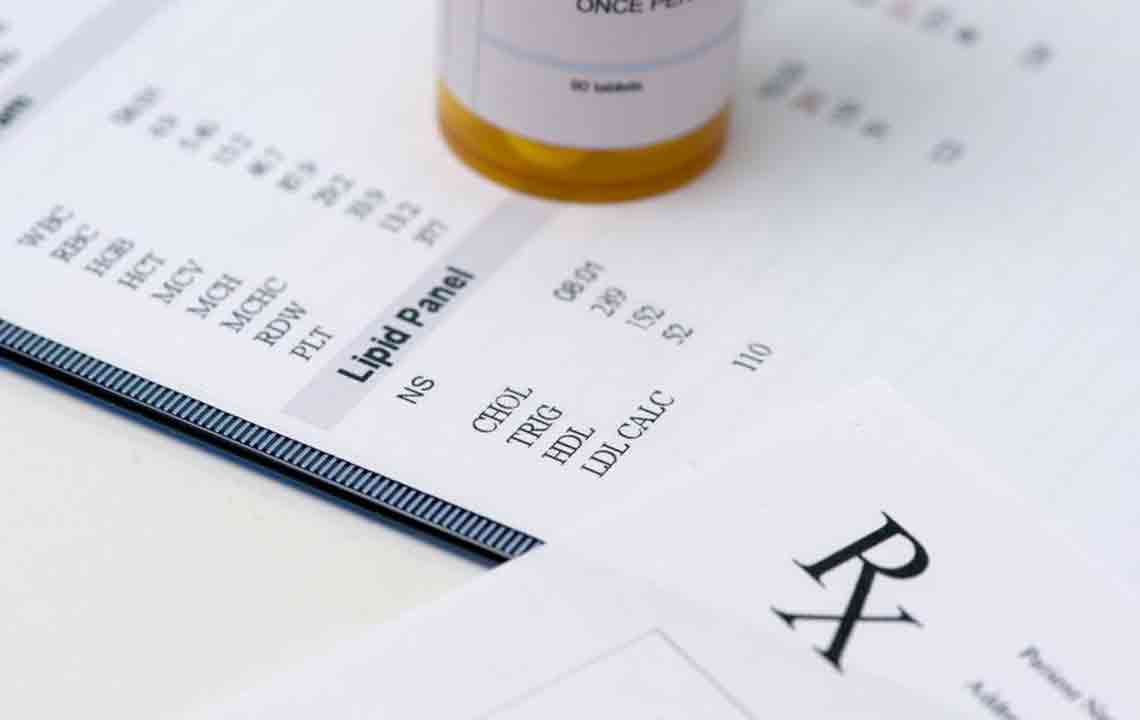
Managing Elevated LDL Cholesterol Safely
Cholesterol is a waxy substance naturally produced by the body, essential for creating healthy cells, hormones, vitamin D, and aiding digestion. Maintaining appropriate cholesterol levels is vital for normal physiological functions.
Cholesterol is transported through the bloodstream in particles called lipoproteins, primarily low-density (LDL) and high-density (HDL). Both types are necessary, but excessive LDL, often termed "bad" cholesterol, can cause health complications such as arterial blockages, heart disease, and strokes.
LDL cholesterol originates in the liver and contributes to building cell membranes, hormone production, and digestion. However, high LDL levels promote plaque formation in arteries, impairing blood flow and increasing the risk of cardiovascular events. Thankfully, safe and effective management options exist.
Conversely, HDL or "good" cholesterol transports excess cholesterol from tissues back to the liver, where it is processed and eliminated.
Signs and Symptoms of High Cholesterol
Often, high cholesterol presents no specific symptoms. Many individuals remain unaware until they develop cardiovascular issues. A routine blood test is the only reliable method for detection.
It’s recommended to check cholesterol levels at least once every five years after age 20, with more frequent testing advised for those with family history or risk factors such as smoking, diabetes, or hypertension.
Effective high LDL cholesterol treatment includes several approaches:
Adopting a healthy lifestyle focusing on diet, exercise, and weight control.
Following personalized dietary plans based on individual risk assessments.
Incorporating foods high in soluble fiber: oats, fruits like apples and oranges, legumes like lentils and chickpeas.
Eating fatty fish such as salmon, mackerel, and tuna rich in omega-3 fatty acids that support heart health.
Following plant-based diets to help reduce arterial plaque buildup.
Foods to Limit or Avoid During Therapy
Reduce intake of saturated fats from meats, dairy, baked goods, and fried foods. Avoid trans fats, foods high in dietary cholesterol, and limit salt and alcohol consumption. Always read nutrition labels for details on cholesterol and fat content.
Maintaining a healthy weight is crucial in managing LDL levels. Regular physical activity, like brisk walking or aerobic exercise for about 30-60 minutes, can significantly help keep cholesterol in check.
Medications for Cholesterol Control
For individuals with high risk, doctors may prescribe medications alongside lifestyle changes. These drugs aim to control rather than cure high cholesterol, so adherence is key to maintaining desired levels.
The primary drug classes include statins, bile acid sequestrants, niacin, fibrates, and ezetimibe, each targeting different aspects of lipid metabolism.
Natural Supplements
Options like omega-3 fish oils, artichoke extract, and green tea are popular for cholesterol management, though scientific evidence of their effectiveness remains limited. Combining medication, lifestyle modifications, and supplements under medical supervision offers the best results.
Consult your healthcare provider for tailored advice, and always follow prescribed treatment plans to keep LDL cholesterol within healthy ranges.

